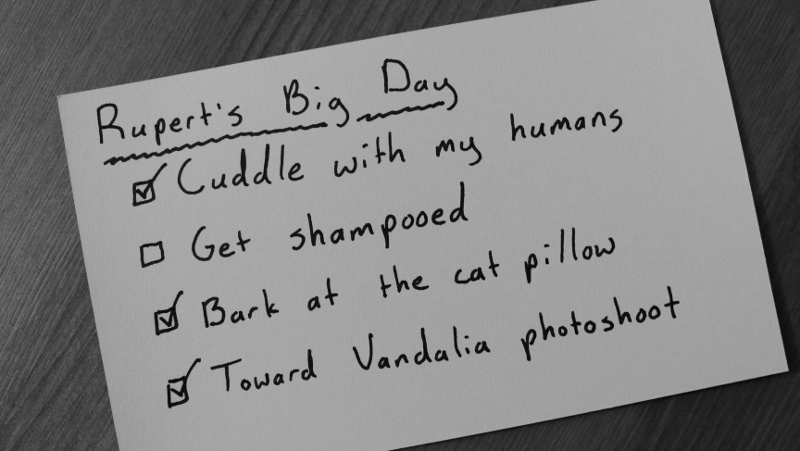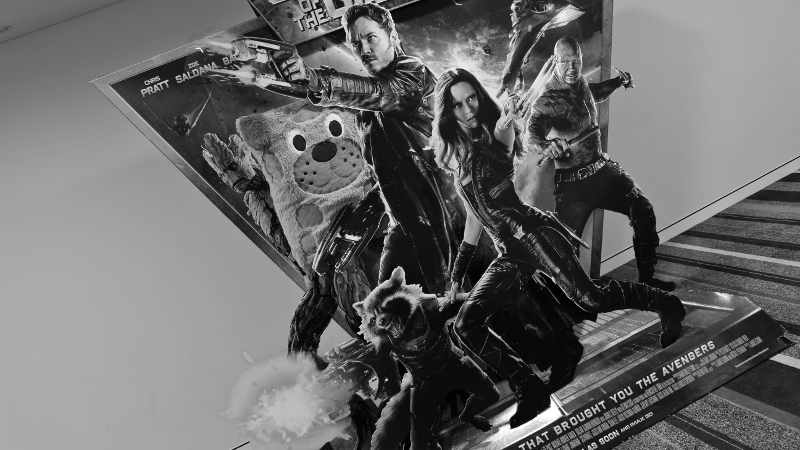
An integral part of whatever productivity system you decide to establish is a mechanism for managing all of the tasks that you’ll have on your plate at any one time. Some will call this ‘task management’ and employ any number of synced apps or custom systems to stay across everything. Others will go the pen-and-notecard route. There is no right or wrong method – the best system is the one that works for you. Your to-do list can help relieve the anxiety that sometimes accompanies the juggling of a few things at once… if it is properly maintained, that is.
As with so many elements of enhanced productivity, intentionality is the key to a useful and properly maintained to-do list. You can still use your notecards (or your apps!) but a little forethought will go a long way toward ensuring you make progress on your list no matter your method of recording the tasks before you.
Consider Context
No matter how simple you like to keep things, you’ll find that the expectations placed upon you are different depending on your location at any one moment. That is, your boss probably expects different things from you than your wife does.
Considering this, context becomes the first consideration in organizing your tasks. Seeing ‘do the laundry’ on my list in between meetings at work is not only futile, but might actually take me out of the zone or cause anxiety as I go through my day looking at that box that I’m incapable of ticking until I get home.
If you can’t do it in your present situation, don’t even include it on the list!
As you may have already deduced, this can be broken down into further sub-levels still. If you float between two sites at work, for instance, there’s no point in worrying about dropping off documents to Mary at Office A while you’re in a meeting at Office B. You’d be dividing your attention for less than no reason.
This context problem can be overcome in many ways, the simplest being to maintain separate lists for each context. A lot of to-do apps will allow you to maintain multiple lists or assign context to tasks, meaning you can keep all of your tasks in once place but still stay focused within your present context.
A particularly intriguing way to manage the specificity of some tasks is to adopt if/then planning of your tasks. This method allows you to frame your tasks within opportunities by phrasing them as “if _____, then I will _____”. Examples might include:
- If I have ten minutes, then I will email my parents.
- When this meeting is over, I will grab lunch.
- When Claire gets home, I will kiss her.
The tasks here – emailing my parents, grabbing lunch, kissing my lady friend – are not left for me to casually skip over with my eyes. Instead, they form a kind of calendar that allows for the fluidity of the day. I don’t know when the meeting will end, but when it does I know my next action. I don’t know when I’ll have ten minutes, but when I do I know how to fill it. In this way you can seize opportunities rather than letting them pass you by.
Make Prioritizing A Priority
Within each context you will want to identify the highest priority items – your next actions. Sometimes productivity can induce a kind of high, but chasing that high by ticking off irrelevant tasks while you put off the most important ones is productivity junk food – you’re consuming empty calories that can’t sustain you and your passions and you will burn out quickly without making any real progress.
Maybe your inbox does need cleared, maybe the trash can does need emptied, maybe you do need to water the plant in the hallway, but if your goal for the day is to work on your novel and all you manage to accomplish is ticking off these three unrelated things are you really being productive?
Depending on who you ask, your priorities for the day should be narrowed down to 1, 3, 5, 10… pick a number, really. The point isn’t really to identify a number – it’s just to establish top priorities of some kind; any kind.
One clever prioritization trick I saw recently was to build levels of emphasis into your to-do list by identifying your top priority for the day, three medium priorities, and five lower priorities before tackling them all in the one day. This is productivity in terms of quantity and quality, helping you move ahead while not letting anything fall through the cracks.
Identifying these priorities can be the bigger problem for some, though. When in the midst of several projects with no deadline, how does one choose what to do next? The Eisenhower Matrix is a handy way to gauge your priorities and – just as important, really – peg the things that are not a priority.
The matrix features four quadrants used to define activities in terms of both importance and urgency. The highest priority items will obviously be those that are both important and urgent (putting out the fire after you blow up the microwave), while those that are neither important or urgent (House of Cards) become the lowest priority. Items that are important but not urgent (reading this blog?) receive consideration alongside those that are urgent but not important (things your boss wants you to do like, now, that you don’t care about). The distinction between urgency and importance is a significant one. Where urgency is the same, it is the difference between, say, what is important to you and what is important to others. Work on the ones that are important to you first (depending on the context – your boss likely won’t agree that reading this blog is more important than filing reports).
However, as I have said before, it’s not neccesary or altogether desirable to eliminate those activities that are neither urgent or important. Being on at all times can burn you out and you’ll need recovery time here and there. It might seem counter-intuitive, but if you have a hard time switching off it might be worthwhile to add leisure to your to-do list. After all, there is a difference between getting sucked into another House of Cards marathon and allocating a specific time slot in which you’re going to watch X number of episodes.
Mind The Cracks
Once you’ve added contexts and prioritization to your task-management system (and doesn’t that just sound so sophisticated?), you will probably find yourself facing a dilemma: what about all those little ticky-tack things that still have to get done but never end up making your ‘priority cutoff’? You don’t want anything to fall through the cracks, after all.
A cornerstone of the GTD system is the “two minute rule”, which dictates that any action that can be completed in two minutes or less is completed then. It’s not filed away, it’s not added to the to-do list and it’s not left for after you’ve read more emails – it’s done then and then, well, it’s done.
For slightly more involved tasks that aren’t especially important, one clever idea is to maintain a separate to-do list containing these tasks. Anytime you find yourself with a few minutes to kill and no prioritized task that can be completed in that window, pull out this list and tick something off.
Move Forward, Not Sideways
The intent of all of these ideas is to keep you moving forward rather than treading water. It can be easy to fall into the trap of being busy but not making progress and life is too short.
It’s also worth remembering that you’ll probably not accomplish everything you add to your to-do list, and that’s okay. Prioritizing your list keeps the most important next actions at the top and allows everything else to kind of naturally fall off the bottom over time. The daily review that prioritization requires ensures that you won’t waste your time and energy on things that you just clearly didn’t value in the first place.
By renewing your commitment to progress each day you will find yourself moving confidently forward, one ticked box at a time.





